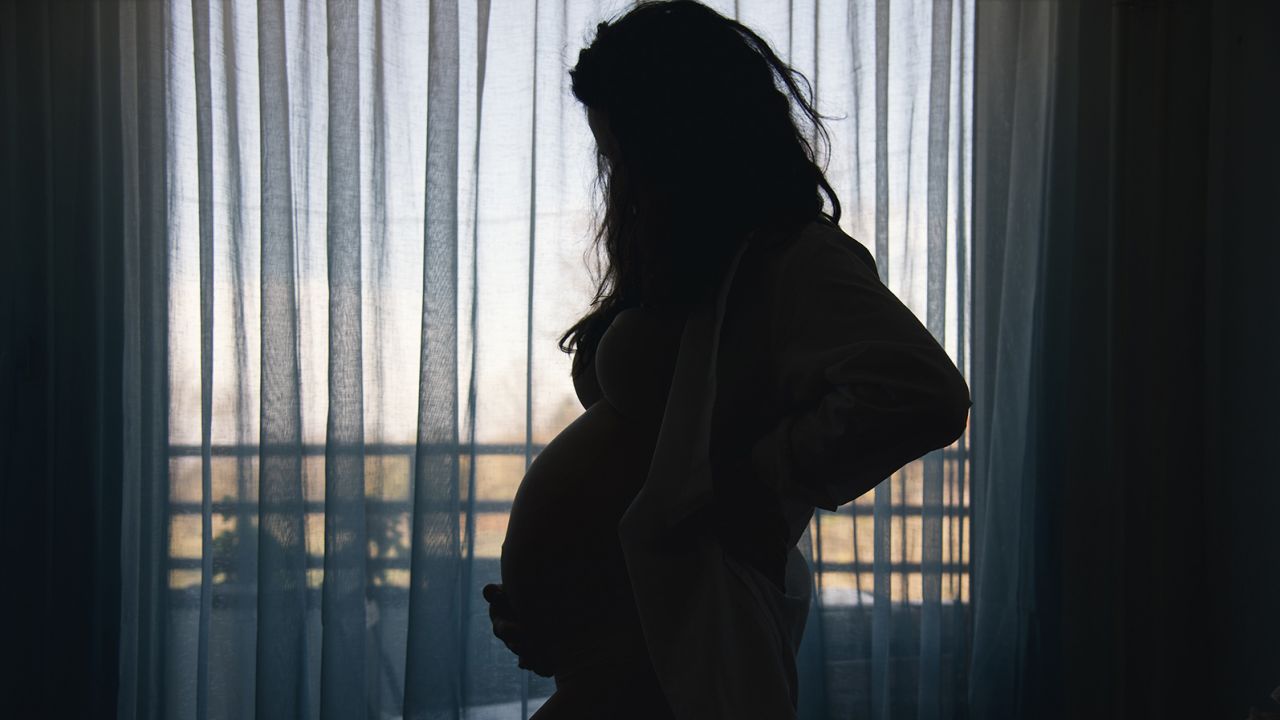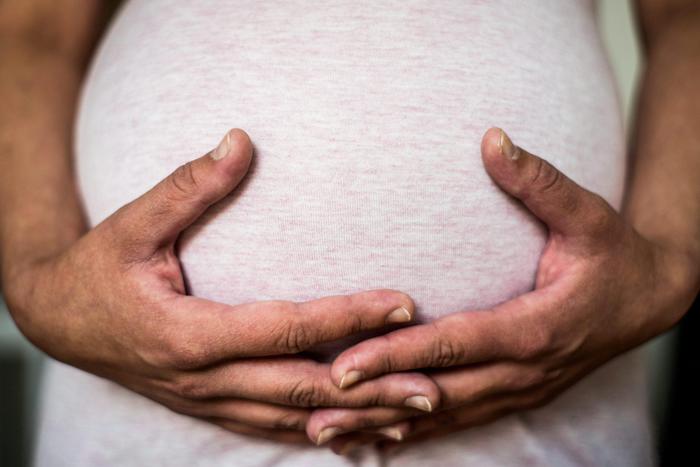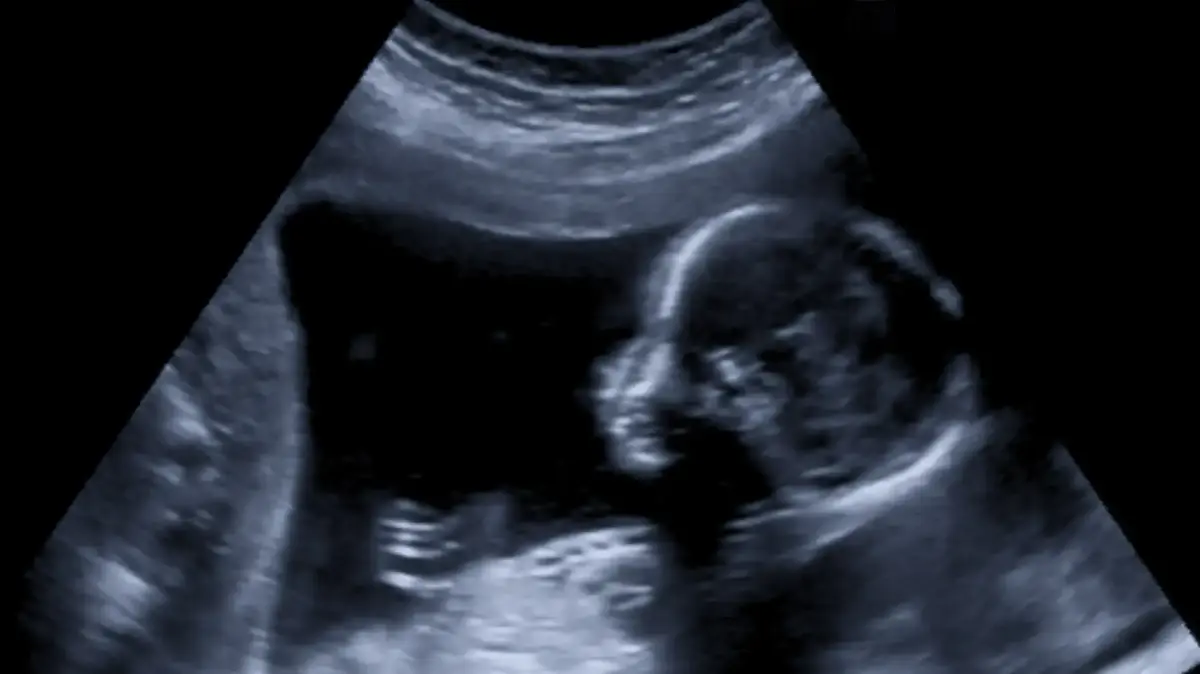Fentanyl: The Death Pill Hitting America 2:43
(CNN) --
More than 1,200 pregnant and postpartum women died of drug overdoses in the United States in 2020, according to a new study.
The research also noted that more than 1 in 6 pregnancy-associated deaths involved overdoses that year.
Drug overdose deaths have reached record levels across the country during the covid-19 pandemic, and research published Tuesday suggests a disproportionate effect on pregnant women and those postpartum.
"We've come a long way in understanding addiction as a disease. But when it comes to pregnant women or people with children, this remains an incredibly stigmatized topic," said Emilie Bruzelius, a researcher at the University of California's Mailman School of Public Health. Columbia and co-author of the study.
"It's really important that pregnant women are not overlooked in some of the programs and policies that are being put in place to address overdoses."
What is fentanyl, the drug fueling the US overdose epidemic?
In the new study, Bruzelius and Dr. Silvia Martins, director of Columbia University's Substance Use Epidemiology Unit, tracked trends in the overdose death rate from 2017 to 2020 among pregnant and mid-term women. postpartum and compared them with other people of reproductive age, between 15 and 44 years.
In 2020, there were around 12 pregnancy-associated overdose deaths per 100,000 births, an 81% increase from 2017. (Credit: Katarina Ivkovic/EyeEm/Getty Images)
The researchers found that the overdose death rate among pregnant and postpartum women has been lower than the rate for other people of reproductive age, but increases faster for those who are pregnant or within a year of giving birth.
In 2020, there were about 12 pregnancy-associated overdose deaths per 100,000 births, an increase of 46% in one year and an increase of 81% since 2017.
advertising
There were about 20 deaths per 100,000 people in the broader reproductive age group, but the rate grew more slowly, rising 38% since 2017.
Black and Latino pregnant women have the most difficulty accessing health services
Pregnancy-associated deaths are different from maternal mortality in that they are deaths among pregnant or recently pregnant women from all causes and not just those directly related to pregnancy.
Data like this has only been consistently available since 2017, when all 50 states included a checkbox on death certificates to indicate whether the deceased was pregnant or postpartum at the time of death.
The lack of reliable information on pregnancy-associated overdose deaths has made it difficult to delve into how and why trends might be different for this group compared to others, Bruzelius said.
"Looking forward, now that all states have implemented this pregnancy checkbox, we hope to have better information to track these trends overall and to make better decisions about programs and policies that might try to mitigate some of these trends."
Barriers to treatment
Experts say that pregnant women and mothers can experience harmful discrimination when seeking treatment for substance use disorder.
And other unique barriers to access — such as medical needs during pregnancy or child care after delivery — can keep them out of care and at higher risk of fatal overdose.
"Everyone who walks through our door worries about their health. But they are afraid to walk through our door because the stigma and discrimination they face in society, and sometimes in healthcare, is overwhelming," says Hendrée. Jones, executive director of UNC Horizons, a substance use disorder treatment program specifically for pregnant or parenting women and their children, based at the University of North Carolina School of Medicine.
We see pregnant women and parents who have overdosed three, four, and even 60 times before walking through our doors.
And that can mean a lot of losses."
In October, the Biden government reported on its plan to "help facilitate universal access to treatment and reduce overdose deaths in pregnant women."
The report highlighted previous research that found that people posing as pregnant with a substance use disorder were 17% less likely to be accepted for outpatient treatment appointments than other women, and access to treatment may be even more difficult for women of color, those who live in rural areas, and those who do not speak English.
Stress during pregnancy can have a negative emotional impact on babies, according to a study
She also stressed the importance of preventing unnecessary foster care placement, acknowledging that having a substance use disorder during pregnancy is not, by itself, child abuse or neglect.
"Coping with this crisis requires a holistic approach focused on the unique needs of the mother-child couple, addressing the social determinants of health, physical and mental health needs, and fostering collaboration between agencies and service providers to all levels (federal, state, local, community)," according to the report.
More deaths from fentanyl
Jones noted that it's rare for women to start using drugs while pregnant.
Most often, they become pregnant while they have a substance use disorder and find it difficult to quit.
Reflecting national trends, the new study has found a large increase in pregnancy-associated overdose deaths in recent years from fentanyl and other synthetic and psychostimulant drugs.
Those related to benzodiazepines, heroin and prescription opioids remained stable.
What is rainbow fentanyl?
Colored Pills Spark New Warnings About America's Deadliest Drug
Rates were found to be higher among late postpartum women, between 6 weeks and one year after delivery, than among pregnant women or in the early postpartum period at the time of death.
More work is needed to understand this difference, but Bruzelius suggests that relapse could be a contributing factor.
"If someone is able to stop using opioids, for example, during pregnancy and then relapses, they might be more likely to have a fatal overdose," he says, especially with the rise of deadlier drugs like fentanyl.
When mothers suffer, babies do too.
It's time the world took notice, say maternal mental health experts
Experts also point to mental health issues facing anyone going through the postpartum period.
"Someone who just gave birth has had an incredible, life-changing time. And often the way our healthcare system deals with them really changes the focus from the pregnant person to the baby. So, From the very beginning, we've established this antagonistic relationship between the mother and the child," explains Jones.
"Parenting, even in the best of circumstances, can be very stressful. And if you don't have the support and attention you need, and the coping mechanisms you need, it really sets you up for much less positive outcomes."
PregnancyOverdose















